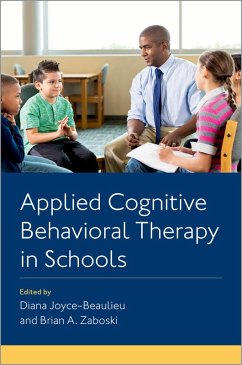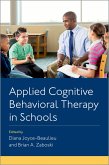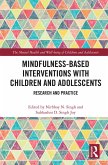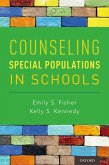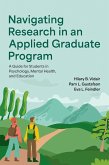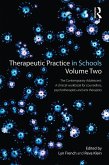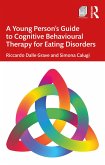Cognitive behavioral therapy (CBT) is an evidence-based psychosocial intervention appropriate for a plethora of problems including anxiety, depression, and emotion dysregulation. School-based practitioners can alleviate some of these concerns in young people by applying CBT in school settings, but to do so successfully, CBT must be modified to accommodate busy academic schedules, to include both parents and teachers, and to align with academic or other accommodations.
Applied Cognitive Behavioral Therapy in Schools is a textbook for students and guide for practitioners looking to apply CBT in school settings. In this text, the assembled authors unpack CBT's theoretical development and provide an overview of its research support and applications for children and adolescents. Essentials for all CBT practitioners, such as behavioral activation, cognitive restructuring, and exposure and response prevention are covered in detail. The book also highlights relevant laws and ethics codes and walks readers through basic therapy micro skills. Special attention is paid to culturally responsive mental health services and key skills like psychoeducation, relaxation training, and mindfulness. The book concludes with tips for incorporating technology to supplement therapy and enhance client engagement. Printable handouts for children and families, as well as therapist worksheets are included in addition to school-based case studies that illustrate CBT's flexibility.
Applied Cognitive Behavioral Therapy in Schools is the go-to resource for students learning CBT, early career school-based practitioners and more seasoned professionals looking to draw more proactively on CBT skills in practice.
Dieser Download kann aus rechtlichen Gründen nur mit Rechnungsadresse in A, B, BG, CY, CZ, D, DK, EW, E, FIN, F, GR, HR, H, IRL, I, LT, L, LR, M, NL, PL, P, R, S, SLO, SK ausgeliefert werden.

